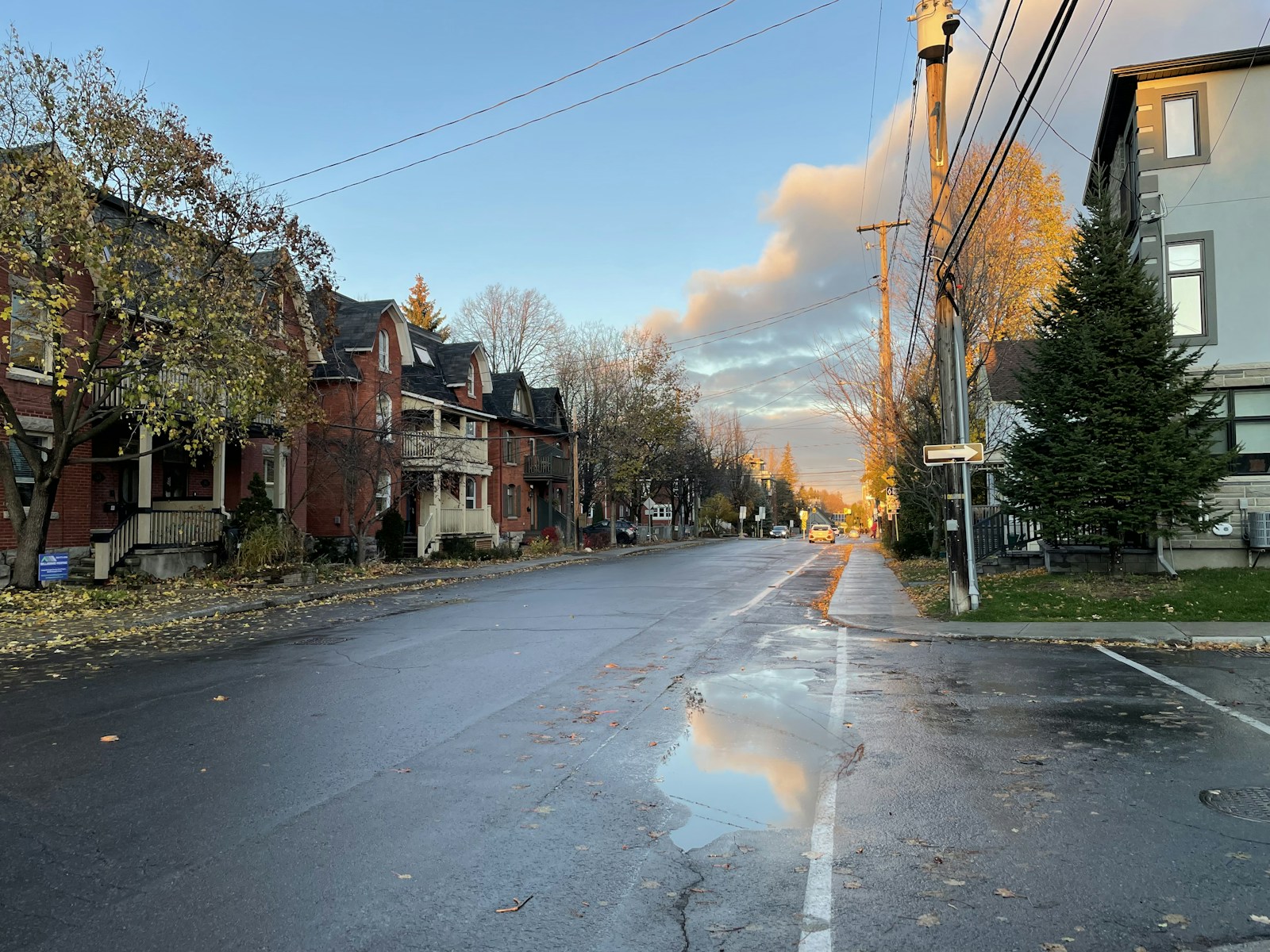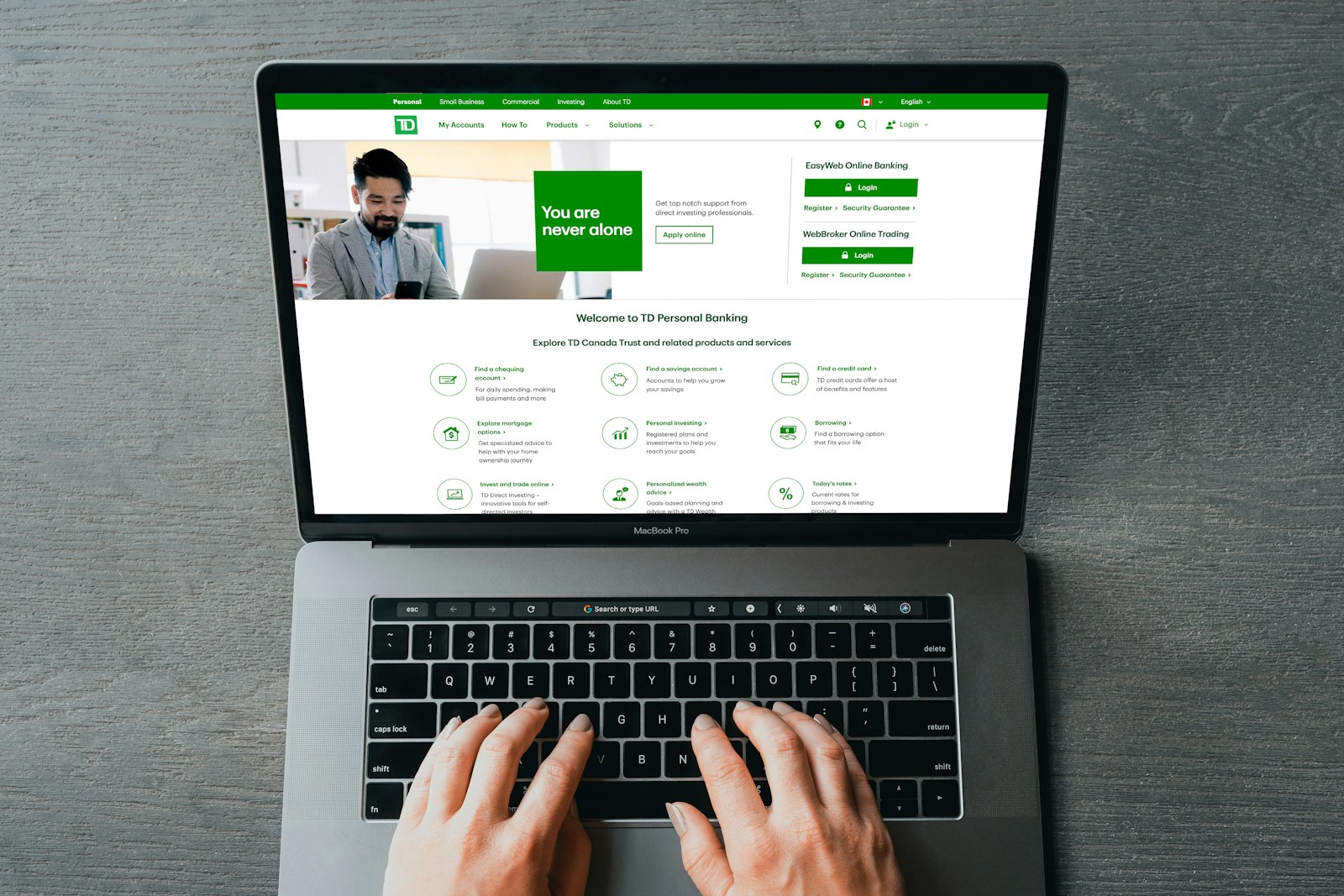If you’re planning to buy a home in Ottawa in 2026, one term you’ve probably heard a lot is “mortgage stress test.”
But what is it really, and how does it affect your buying power?
This guide breaks down how mortgage stress tests work in Canada, what they mean specifically for Ottawa buyers, and how to navigate them to make the best buying decision.
🧠 What Is a Mortgage Stress Test?
A mortgage stress test is a rule that ensures buyers can handle higher interest rates than the one they qualify for today.
It’s meant to:
Prevent buyers from overextending
Reduce default risk
Keep the housing market stable
Even if current rates are low, lenders must confirm you could handle a stress-tested rate, which is usually higher than the contract rate.
📊 How Stress Tests Are Calculated in 2026
For most buyers in Canada:
High-ratio mortgages (less than 20% down, CMHC insured)
Must qualify at the greater of:
• Bank of Canada’s benchmark rate
• Current contract rate + 2%
Conventional mortgages (20%+ down)
Must qualify at the benchmark rate, which is set by OSFI
In 2026, the benchmark rate is slightly higher than historical lows, meaning buyers may qualify for smaller mortgages than they think based on advertised rates.
🔹 Why Stress Tests Matter for Ottawa Buyers
1. They Limit Borrowing Power
Even if your income would technically cover a mortgage at today’s rate, lenders may approve less once stress-tested.
Example:
Home you can afford at 5% interest → Stress test at 7% → May reduce approved mortgage by $50K–$75K
2. Impact on Entry-Level Buyers
First-time buyers in Ottawa:
Often target $500K–$600K homes
Stress tests can shift affordability to smaller condos or townhomes
3. Affecting Choice Between Condo and Freehold
Condos carry monthly fees, which are partly counted toward your debt load
Stress tests reduce the mortgage you qualify for when condo fees are included
This means some buyers may qualify for a slightly higher-priced freehold without fees than a condo with significant fees.
💡 Tips for Buyers to Navigate Stress Tests
1. Know the Benchmark Rate
Use the current benchmark or contract + 2% to calculate realistic affordability
2. Increase Your Down Payment
Larger down payments reduce stress on your debt ratios
More room for rate fluctuations
3. Reduce Other Debt
Car loans, credit cards, and lines of credit reduce the amount you qualify for
4. Shop Multiple Lenders
Each lender may have slight variations in stress-testing methodology
Brokers can help find the most favorable qualification scenario
5. Don’t Stretch to the Limit
Even if you qualify, consider leaving a financial buffer for rising interest rates or unexpected costs
🏁 Bottom Line: Stress Tests Are a Reality in 2026
Stress tests in Ottawa:
Limit your maximum mortgage
Ensure affordability if rates rise
Affect choices between condos and freehold homes
Understanding them before you start shopping avoids disappointment and lets you focus on properties you can realistically buy.
📞 Want a Personalized Ottawa Stress Test?
Stress tests can feel abstract until you see numbers for your exact situation.
If you want a personalized stress test scenario, showing what you can afford for condos vs freehold in Ottawa in 2026, I can run the numbers for you — including mortgage, taxes, fees, and buffer for future rate increases.
Happy to help you plan your purchase confidently.





